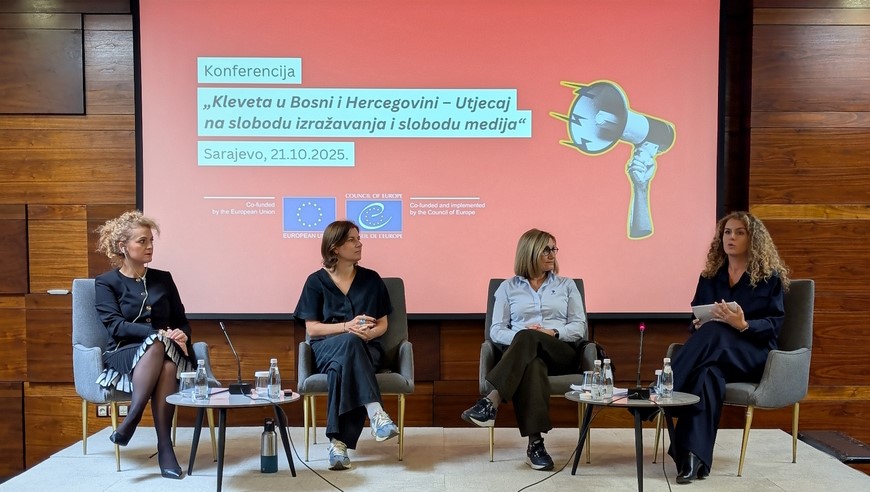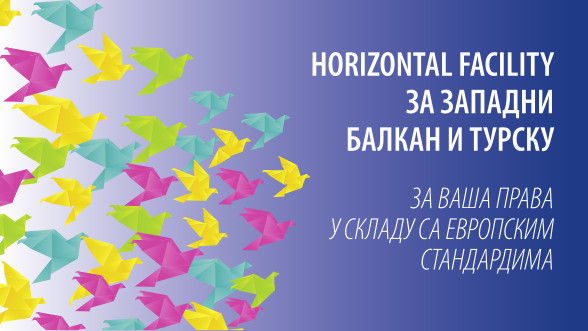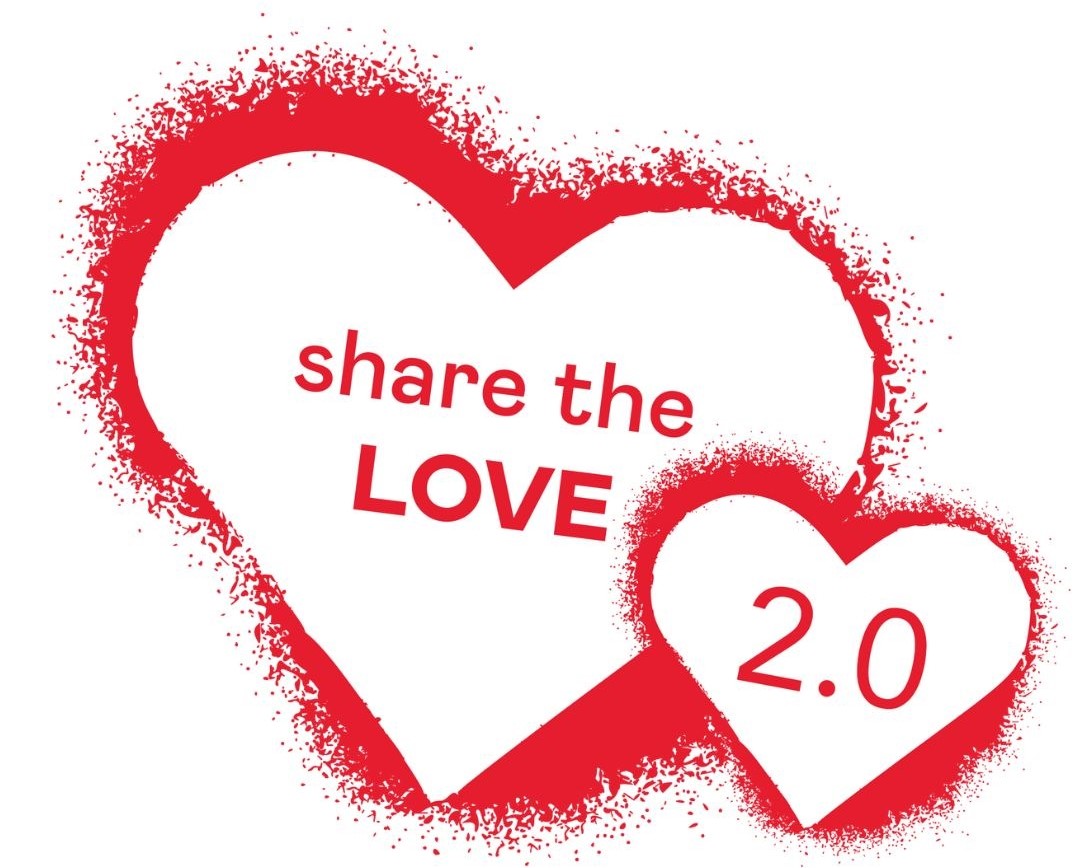Continued education of legal professionals is key to applying European standards consistently, harmonising court practices, and shortening legal proceedings to ensure that the space for public debate in Bosnia and Herzegovina remains open and free. These were among the key conclusions of an expert conference in Sarajevo that brought together experts, judges, journalists, and civil society representatives to discuss how defamation laws and strategic lawsuits against public participation (SLAPPs) can affect freedom of expression, media work, and democracy.
At the conference entitled “Defamation in Bosnia and Herzegovina: How it can affect freedom of expression and freedom of the media,” participants examined how legal and political developments contribute to shape public debate and media integrity.
Two panels framed the discussions. The first reviewed defamation cases in Bosnia and Herzegovina, how court practice has evolved since 2000, and the impact of the 2023 recriminalisation of defamation in Republika Srpska. The second explored SLAPPs, lawsuits designed not to seek justice, but to silence criticism.
Experts highlighted progress in aligning BiH’s jurisprudence with European standards, particularly the case law of the European Court of Human Rights and the Council of Europe’s recommendations. They also pointed to areas where further consistency and efficiency could strengthen public trust in the system, notably regarding the duration of proceedings and the accessibility of remedies.
To support this process, participants referred to the Council of Europe publication Limiting the Use of Criminal Law to Restrict Freedom of Expression – a Guide to Council of Europe Standards, which provides practical guidance for judges, prosecutors and legal practitioners on how to apply European human rights standards in cases concerning freedom of expression.
Council of Europe experts underlined that anti-SLAPP measures, most notably EU Directive (EU) 2024/1069 and the Council of Europe’s Recommendation CM/Rec(2024)2, are not shields for defamation but safeguards for those acting in good faith. The defining feature, they stressed, is intent: SLAPPs are meant to tire and intimidate journalists or civil society activists, not to win cases.
Journalists present spoke about the challenges they face in their work, including financial uncertainty and various external pressures, which can make reporting on sensitive topics more difficult. They pointed out that criminal investigations are often more stressful than civil suits, compounding the deterrent effect and narrowing the space for critical reporting.
Participants agreed that continued education of legal professionals is vital to strengthen the application of European standards and harmonise court practice, ensuring that the space for public debate remains open and free.
The conference was organised as part of the action “Protecting freedom of expression and of the media in Bosnia and Herzegovina (PRO-FREX)”, implemented under the European Union and Council of Europe’s joint programme “Horizontal Facility for the Western Balkans and Türkiye,” and the Council of Europe project “Enhancing Institutional Capacities on Freedom of Expression and Information (EFEx) in Bosnia and Herzegovina,” funded under the Council of Europe Action Plan for Bosnia and Herzegovina 2022-2025 by voluntary contributions from Sweden via the Swedish International Development Cooperation Agency (Sida).



